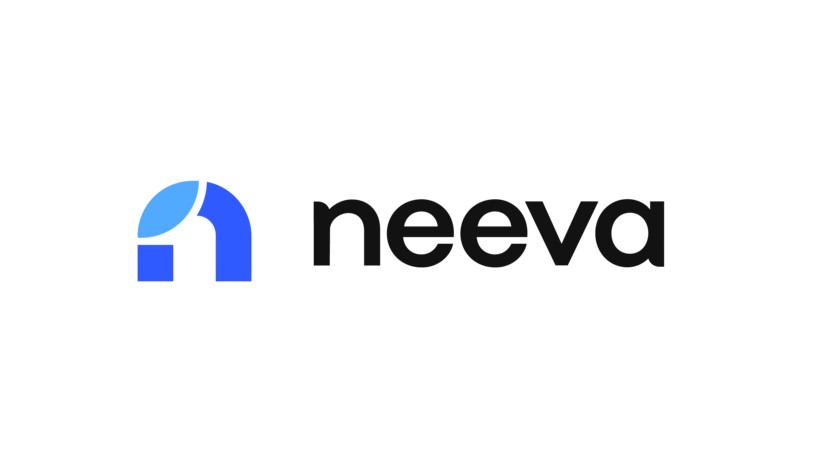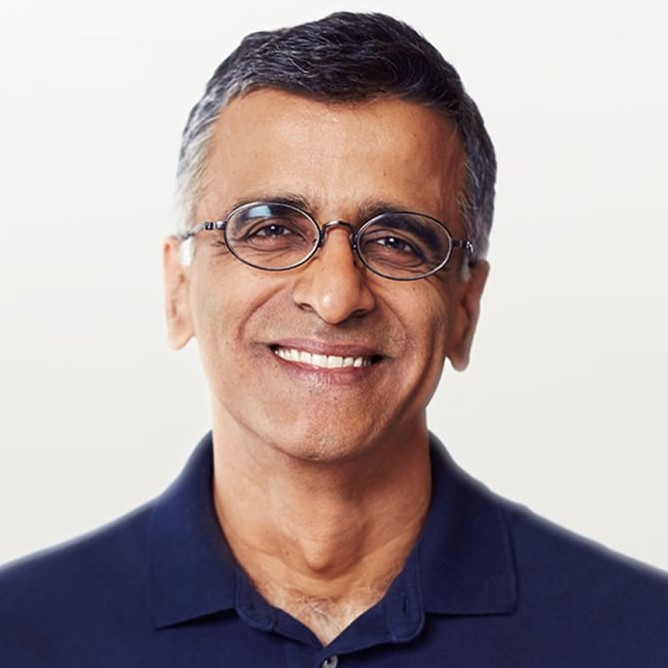How an ex-Google Head of Ads developed an ad-free search engine
Launched in 2019, Neeva wants to bring back user-first search

Sridhar Ramaswamy had been working at Google for 15 years before deciding it was time to go.
He started as a software engineer. He climbed the ranks until reaching the board of executives. His final role was working as the head of Google's advertising division - quite possibly its most lucrative department.
In 2019, just a year after his departure from the Big Tech firm, he co-founded Neeva, a product that deeply contrasts his past employer's model, with Vivek Raghunathan, ex-VP of Monetization at YouTube.
Neeva is an ad-free private search engine that aims to bring back a user-first experience. It doesn't make money from its users' data. Instead, its revenue comes from an optional premium version that also includes other privacy tools like a password manager and VPN service.
Starting off small, Neeva has recently extended its operations to some countries in Europe too. These include the UK, Germany, and France. The Google rival's growth isn't showing any signs of stopping.
But why is an ex-Google Head of Advertising now aiming to deliver such a contrasting service? What are the benefits for users? We asked these and other queries to Neeva co-founder Sridhar Ramaswamy. Here's what he said.

Trained as a computer scientist, Ramaswamy concluded his studies with a PhD from Brown University. He worked in research labs for several years before joining Google in 2003 as a software engineer. Over his 15-year career at what later became today's Big Tech giant, he ended up leading Google’s $115 billion advertising division for six years before quitting in 2018.
Why did you decide to leave Google?
Well, for a few reasons. One, I had been there for 15 years, which is a very long time for any job in this day and age. I wanted to do something different.
I was also a little bit disillusioned with several things. One is the ad model itself, which I didn't feel like in the long term served users very well, but also honestly by the size and influence of Google in areas like search.
So, at one level it was about wanting to reinvent oneself. But, on another level, it was also the realization that too much of a good thing is not necessarily a great outcome for the world. I just wanted to take a break and figure out what to do.
Was it your experience with ads that pushed you to develop a search engine with such a contrasting mission?
I've never said that ads are evil, but the belief that you need ads in order to find products is a very self-serving setup that often is not borne out by reality.
At a court level, Neeva is about bringing the user back into sharp focus as the intended purpose of a search engine. Most people take search for granted, like we take our water supply for granted. But search is often the portal to how people discover information. We do a lot of research and, contrary to what people think, Gen-Z actually uses search even more than other segments. They turn to it all the time.
Search at one level is about looking for products, but it's also deeply personal. If you have some health issues, you're going to turn to it. If you need legal advice, you're going to use search. So, we felt it was a really important function.
More and more, search engines and the web have become about grabbing your attention. Trying to sell you answers and convince you. It just becomes a suffocating environment. At its core, Neeva is a user-first search engine. Being ad-free and private come almost as a consequence of this desire to stay very focused on what the user wants.
How can you find the balance between protecting the privacy of users and giving a customized experience?
Customization does not have to be deeply intrusive. There are certain product principles that we apply across the board to make sure that it's easy for you to find high quality reviews. But all of this is in a context where we are not tracking you.
Early on we had the memory mode search history on by default. As you know, defaults matter. Most people didn't turn it off and we realized that's not actually a good place for us to be. So, last month we changed our defaults so that by default there's no search history.
By default Neeva is anonymous with respect to your searches. You get to control the experience. And, in terms of preferences, we are working on making sure that even these can be made completely invisible to us.
How does the paid membership work?
Our basic product is free - you can download and use the product. But we do need to make money. We are open about it. We actually think that it's honorable that our customers pay us. We take inspiration from companies like Netflix which are all membership models and they have this relentless focus on delivering value to customers.
We have a freemium model that comes with some limitations like how many queries or what kind of connectors you can use.
Then to sweeten the pie, our subscription includes benefits like a password manager and VPN. All the tools that people need to be secure in the modern age. We work with companies like LastPass and Bitdefender, and we're continuously adding on other partners to make sure that users have a choice when it comes to these things.
How does Neeva compare to other similar private search engines?
One of the biggest differences between Neeva and quite a few of the smaller search engines is that we developed our own search system. We decided it was essential to do this in order to make sure that we could deliver a high quality experience.
The personalization that we do cannot be done on top of an existing API. A lot of the private search engines just take the product that Bing has and they serve it up. We fundamentally are in the business of creating a better product.
We also never show any ads, which means that we don't let other people track you. Other private search engines like DuckDuckGo show that they don't track you, but as soon as you click on an ad, everybody else on the Internet is tracking you. We work hard to make sure that you get a truly private experience. That stems from our belief that we want to create a better search engine.
Ad-free search engines aren't often seen as ideal for shopping online. Is that true?
There's a lot that you can do without ads. We can help you find products, without necessarily being in the business of taking money from someone else.
We do news alerts, for example, so we have thought about the concept of doing a price alert that you can add to a product.
Our focus is on reviews and getting you to places that help you understand what the best product is, as opposed to being forced to see what advertisers want. We think being educated and informed is really important for users.
But then, on the other hand, a lot of product information online is very biased, even in reviews. They only show people that have paid for these products. We are big fans of sites like Reddit, and we show information from Reddit directly in our search results wherever it is relevant.
There are a lot of people that do not believe in large retailers as they think they are bad for the country as a whole. We make it easy for you to get rid of Amazon from your search results if you want. But an ad supported site is never going to do that because the business model is all about what's called auction pressure. The more people are bidding for a particular slot, the more money the auctioneer makes.
Do you think that Neeva could become a direct Google competitor one day?
We are a startup, we need to succeed in the small before we can think about the big. But we have a big ambition: we want to get back to user first products. Just like Apple is known for its passionate attention to detail, we want to be known as the search engine that has this relentless focus on users. That's the long term ambition, but we have to build up to it.
We recently expanded in the EU. We launched in the UK, France and Germany a few weeks ago and we got an amazing reception. We are very happy with the progress that we are making there. We're going to expand to more countries, more English speaking countries.
Startups have to start from the small and build up on it, but we are on a very nice exponential growth path. There is a lot of opportunity up ahead and seizing that is the primary goal.
Discover how Google wants to help remove your personal details from its search results
Are you a pro? Subscribe to our newsletter
Sign up to the TechRadar Pro newsletter to get all the top news, opinion, features and guidance your business needs to succeed!

Chiara is a multimedia journalist committed to covering stories to help promote the rights and denounce the abuses of the digital side of life – wherever cybersecurity, markets, and politics tangle up. She believes an open, uncensored, and private internet is a basic human need and wants to use her knowledge of VPNs to help readers take back control. She writes news, interviews, and analysis on data privacy, online censorship, digital rights, tech policies, and security software, with a special focus on VPNs, for TechRadar and TechRadar Pro. Got a story, tip-off, or something tech-interesting to say? Reach out to chiara.castro@futurenet.com